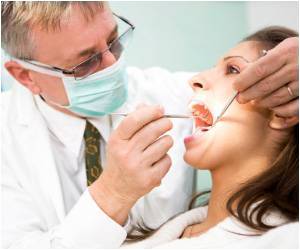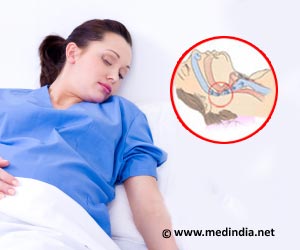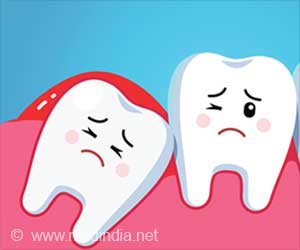Specialised nanotechnology reduces the pain and recovery time associated with orthodontic procedures.
A pre-clinical study published in
ACS Nano shows that pain and recovery time associated to a dentist visit could be potentially reduced with the aid of specialized nanotechnology. A trip to the dentist or orthodontist usually instills a sense of dread in most patients, and that’s before the exam even begins. Add to that the fear of oral surgery with a painful recovery, and many people will avoid these visits at all costs.
Every year, 5 million people undergo orthodontic procedures in the U.S., according to the American Association of Orthodontists. In some cases, teeth are misaligned to such an extent that surgery is required to cut collagen fibers under the gums before braces are put on the teeth. But patients often choose not to undergo the procedure because it’s invasive and can be painful. Scientists recently have turned to nanotechnologies to target therapeutics to specific locations. For example, previous studies have shown some success in using liposomes, which are empty nanoscale vesicles, for drug delivery. Collagenase enzymes could potentially remodel the fibers connecting teeth to bone in the mouth without using a scalpel, but so far, delivering enzymes with liposomes has been challenging. Avi Schroeder and colleagues wanted to develop liposomes that could deliver collagenase enzymes to perform targeted nanosurgery in the mouth.
The team developed liposomal nanoparticles that contained collagenase and performed tests with them in rats. When the liposomes were placed under the gums, the collagenase diffused out of the particles and was activated by calcium naturally found in the mouth. The collagenase weakened the collagen fibers, making it easier to shift the teeth afterward with braces. Compared to conventional surgery, the collagenase treatment helped move the teeth three times faster. All of the rats lost some weight after the surgery, just as humans typically do. But unlike the other rats, the ones treated with collagenase quickly rebounded to their normal healthy weight, which the researchers say suggests they were not in pain.
Source-Eurekalert

















